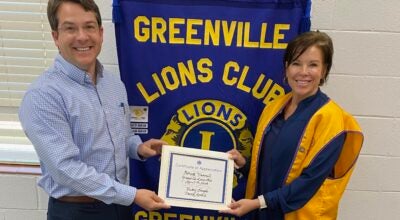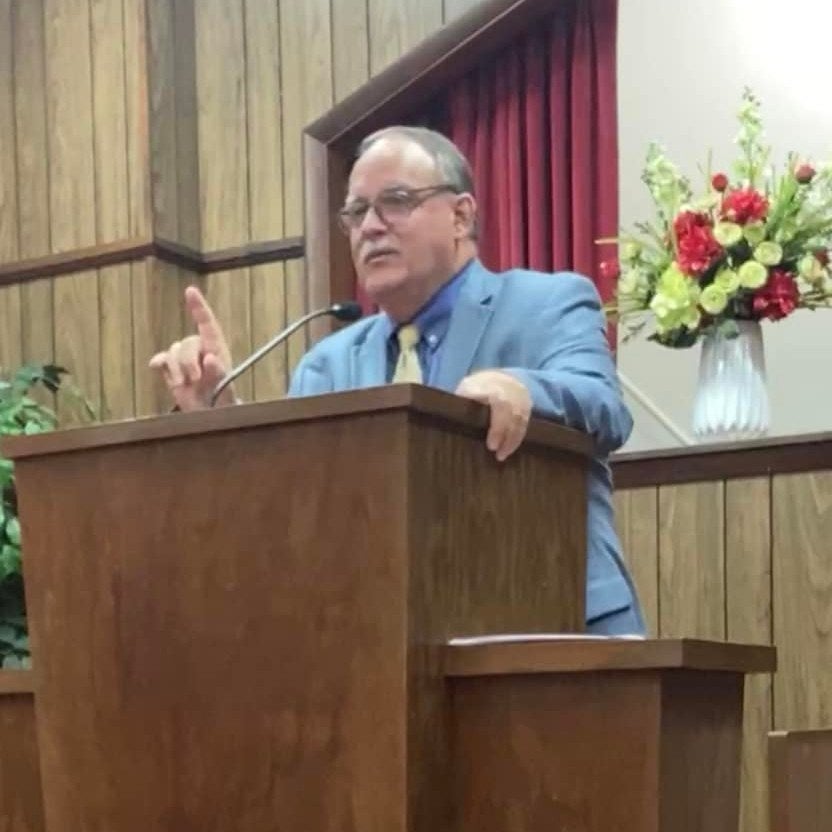Teach one to lead one
Published 7:05 pm Tuesday, May 26, 2009
Willie Thornton raises a hand, speaks, and brings the crowd of teenagers’ voices to a small murmur.
His cellular phone rings.
“Aren’t you going to answer your phone?” asks one student.
“It ain’t Jesus calling,” replies Thornton.
This classroom, these students, says Thornton, are what’s important right now.
It’s graduation day for the Teach One to Lead One leadership course, a class composed of seniors, juniors and underclassmen. Thornton passes out certificates. Students enjoy pizza and sodas.
At the back of the classroom, Malcolm Owens, Greenville High School’s longtime school resource officer, simply observes.
Believe it or not, Owens started out wanting to teach, earning his bachelors degree in education. But a round of proration killed that opportunity and opened another. He became a state trooper, moved to Evergreen, and a few years later applied for a job with the Greenville police.
Now, Owens gets to use those education skills learned in college, as well as those skills he’s learned in life. Owens, who says he grew up in a poor neighborhood in Birmingham, doesn’t buy excuses.
“So many black kids – boys especially – want to make the excuse, ‘Well, there’s nothing out there for me,’” says Owens. “That upsets me. I don’t buy that. I’m black. I grew up under worse circumstances than some of these kids and I have a resume as long as my arm.”
Both Owens and Thornton team up to erect a powerful barrier with one goal: preventing dropouts.
“Freshmen, I don’t know as well, just because they are new, but I know basically 95 percent of all the kids in this school,” says Owens. “I make it my job to know.”
That intimacy level pays off. Owens knows addresses. He knows parents’ names and grandparents’ names. He knows local hangouts. He’s out looking for children who are supposed to be in school.
The amount of work Thornton and Owens have put into the school district’s dropout program has caught national attention.
CNN was in Greenville in March to prepare for a special feature on a pair of students, both dropout risks, who will graduate on Thursday night.
The cable television network will be here again on Thursday.
The feeling, says Desmond Dunklin, one of those students interviewed by CNN, will be one of elation.
“I thought I was too old because I was 19 and in the tenth grade,” says Dunklin.
Thanks to the district’s credit recovery program, though, Dunklin will walk with his classmates.
“He wasn’t a bad kid,” says Owens. “He was just like some kids in that they get frustrated because they feel they get behind on their work and there’s no catching up. He actually went and applied for a job and they told him he needed to get his diploma. That’s what woke him up.”
Teenagers like Dunklin are what makes Owens’ job easier.
“Other kids see him…they see how important and education is to him and they want to be like him,” says Owens. “I’ve had four or five calls from other kids saying, ‘Officer Owens, can you help me get back in school.’ Just because of Desmond.





